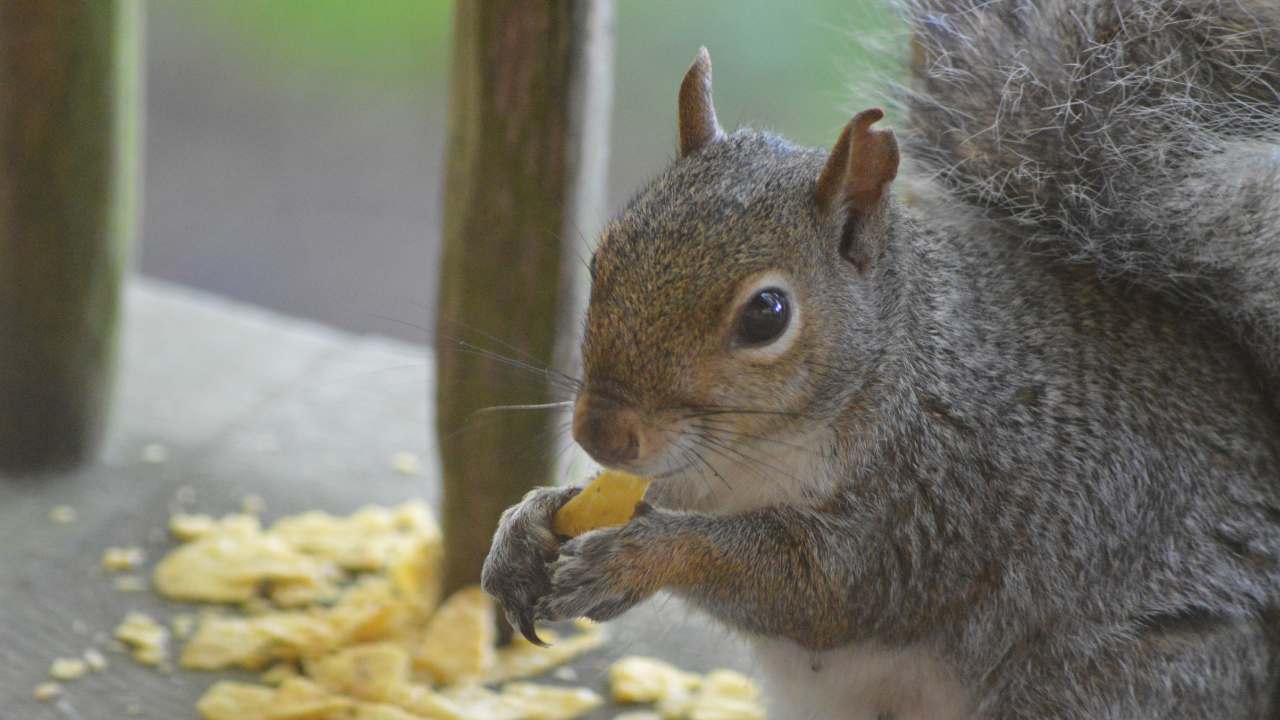Winter can be a challenging time for squirrels as food becomes scarce. If you want to help these cute and energetic creatures survive the colder months, providing the right food is essential. In this blog post, we will explore what to feed squirrels in winter, how to feed them safely, and why helping squirrels can make a difference. Let’s dive in!
Why Feed Squirrels in Winter?
Squirrels are natural foragers, but winter poses difficulties due to snow-covered grounds and limited resources. By offering supplemental food, you can:
- Support their survival during harsh weather.
- Help them maintain energy to stay warm.
- Encourage biodiversity in your backyard.
Additionally, feeding squirrels can help preserve their population, especially during extended periods of snow and ice. It’s also an educational opportunity for children and adults alike to learn about wildlife care.
Safe and Healthy Foods for Squirrels
When feeding squirrels in winter, it’s important to provide them with nutritious and safe options. Here’s a list of the best foods:
- Nuts (Unsalted and In-Shell)
- Walnuts
- Pecans
- Hazelnuts
- Almonds
- Seeds
- Sunflower seeds (in moderation)
- Pumpkin seeds
- Fruits (Dried or Fresh)
- Apples (without seeds)
- Pears
- Raisins
- Vegetables
- Carrots
- Sweet potatoes
- Corn (on the cob)
- Specialty Squirrel Feeds
- Available in pet stores or online, these blends are formulated for their dietary needs.
These foods provide essential fats, proteins, and carbohydrates that squirrels need during winter. Always prioritize variety to ensure they receive a balanced diet.
Foods to Avoid
Not all foods are safe for squirrels. Avoid feeding them the following:
- Processed snacks like chips or candy.
- Bread or other baked goods.
- Salted or roasted nuts.
- Foods containing artificial sweeteners.
Feeding squirrels harmful foods can lead to health problems like obesity, dental issues, or even toxicity. Stick to natural, unprocessed items for their safety.click Here
How to Feed Squirrels Safely
- Use Squirrel Feeders: Place the food in specially designed squirrel feeders to keep it clean and accessible. These feeders also protect the food from moisture and pests.
- Keep It Fresh: Check and replace food regularly to avoid mold or spoilage. Moldy food can be toxic to squirrels.
- Location Matters: Set up feeding areas away from busy roads to prevent accidents. Placing feeders near trees provides safety and easy access for squirrels.
- Limit Portions: Avoid overfeeding to prevent dependency on supplemental food. Providing small amounts encourages squirrels to continue foraging naturally.
The Benefits of Feeding Squirrels in Winter
Supporting squirrels during winter is not just about their survival. It can:
- Enhance your connection with nature, offering moments of peace and enjoyment.
- Provide a source of entertainment as you watch them enjoy the food.
- Help young squirrels prepare for the next season by building strength and energy reserves.
- Promote a healthy and balanced ecosystem by supporting local wildlife. click Here
By feeding squirrels, you also contribute to environmental conservation, as their foraging habits help spread seeds and promote forest growth.
Conclusion
Feeding squirrels in winter is a kind and rewarding way to support local wildlife. By providing the right foods and following safety guidelines, you can make a significant difference in their lives during the cold months. Remember to keep the feeding areas clean and balanced to promote a healthy ecosystem. Your small act of kindness can create a ripple effect, benefiting the entire environment.
Frequently Asked Questions
1. Can I feed squirrels peanuts? Peanuts are okay in small amounts if they are unsalted and unroasted. However, they lack the nutrients found in other nuts.
2. How often should I feed squirrels in winter? You can feed them daily or every few days. Make sure to provide small portions to prevent waste.
3. What happens if squirrels rely too much on supplemental food? While feeding helps them during harsh winters, it’s important to encourage natural foraging by limiting the amount you provide.
4. Do squirrels need water in winter? Yes, squirrels still need water during winter. Providing a shallow, unfrozen water source can be very helpful.



